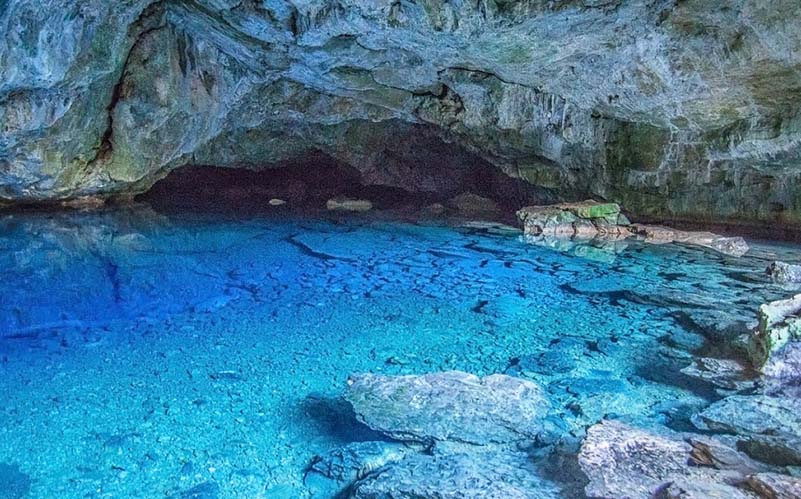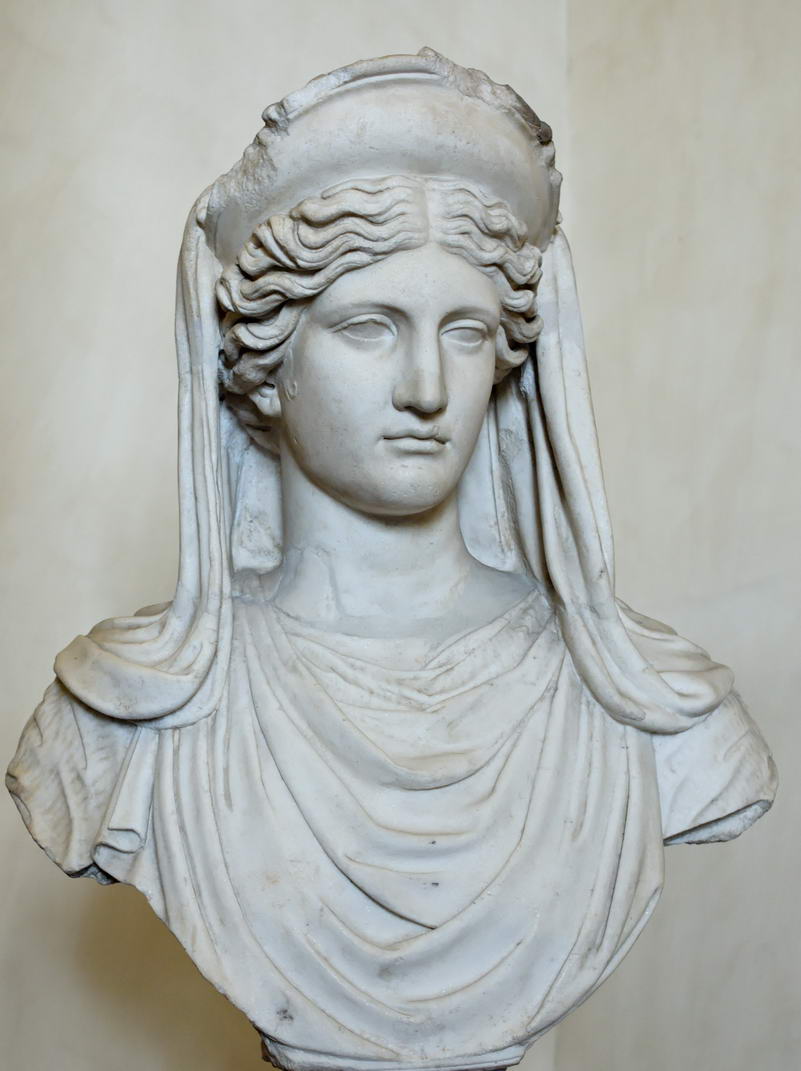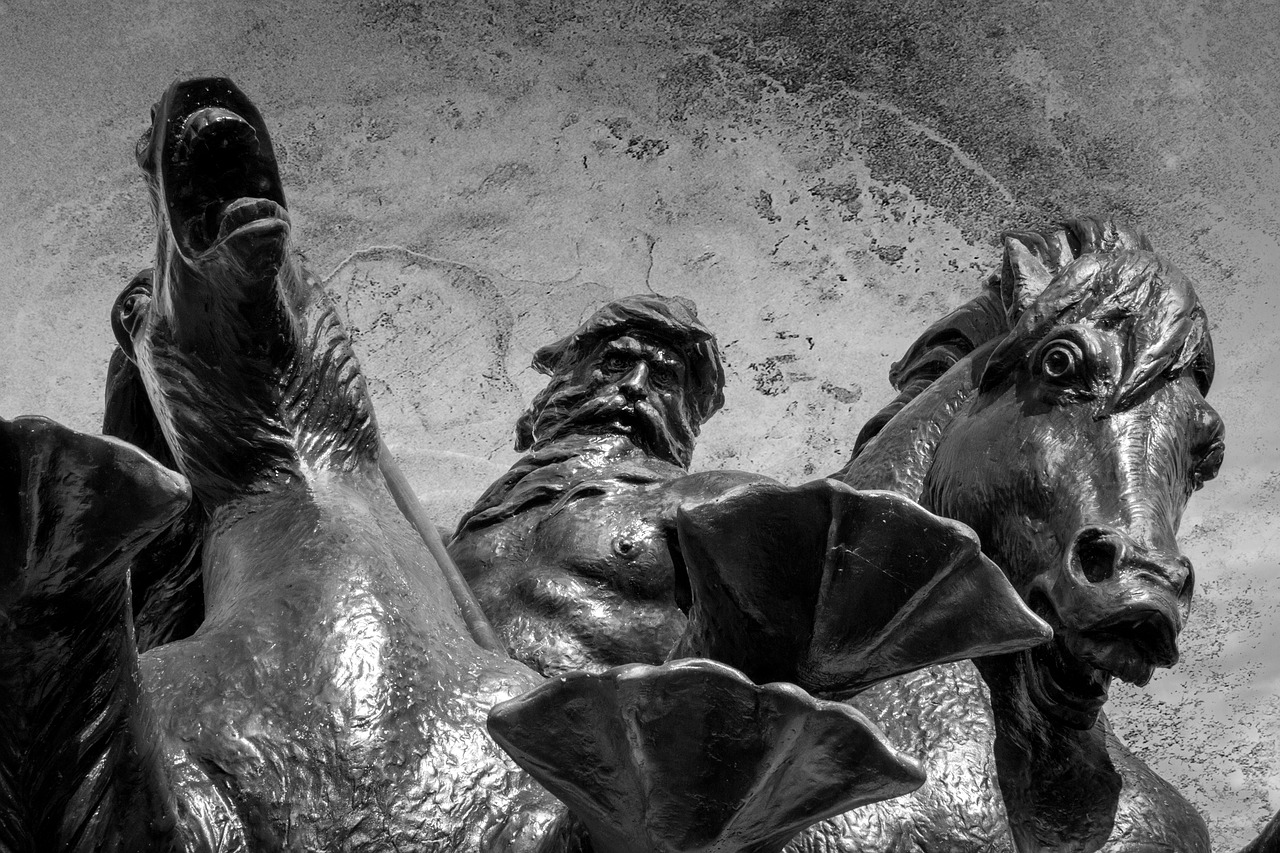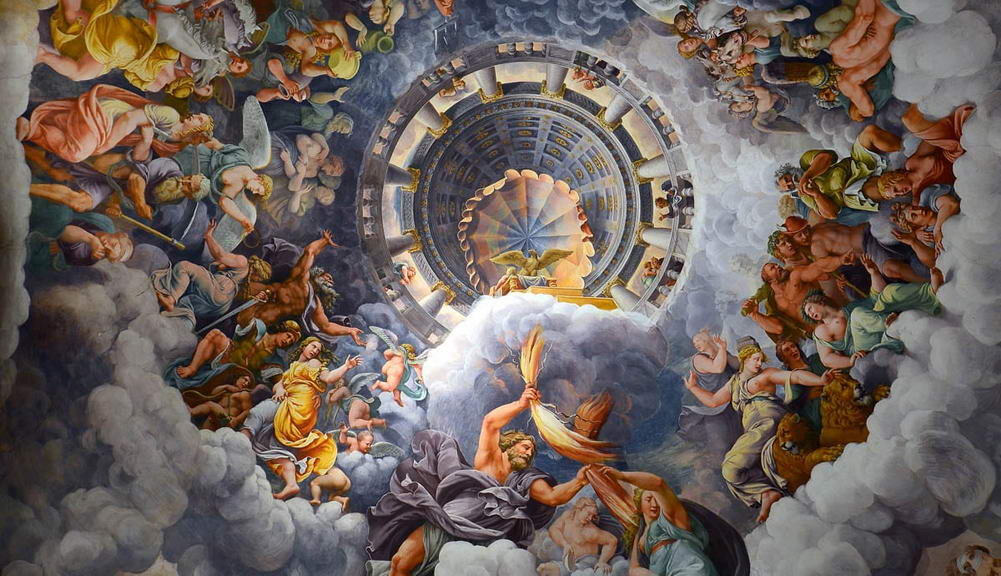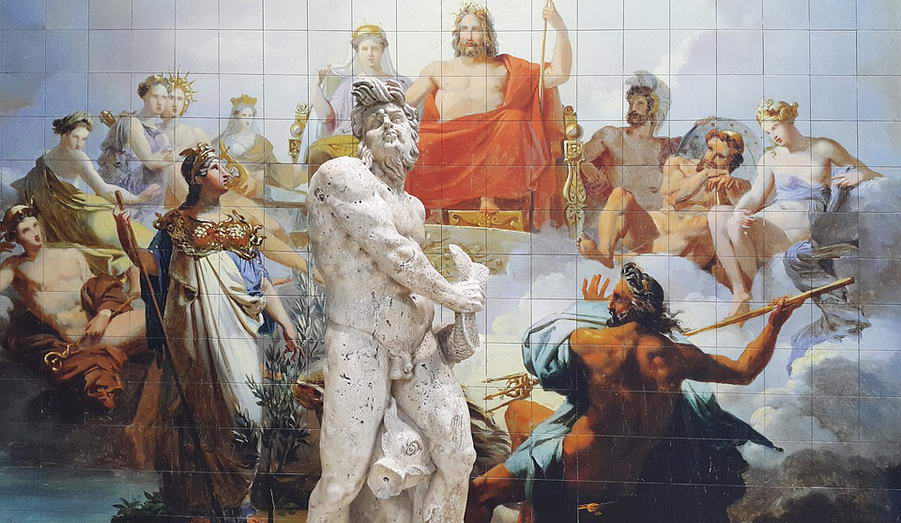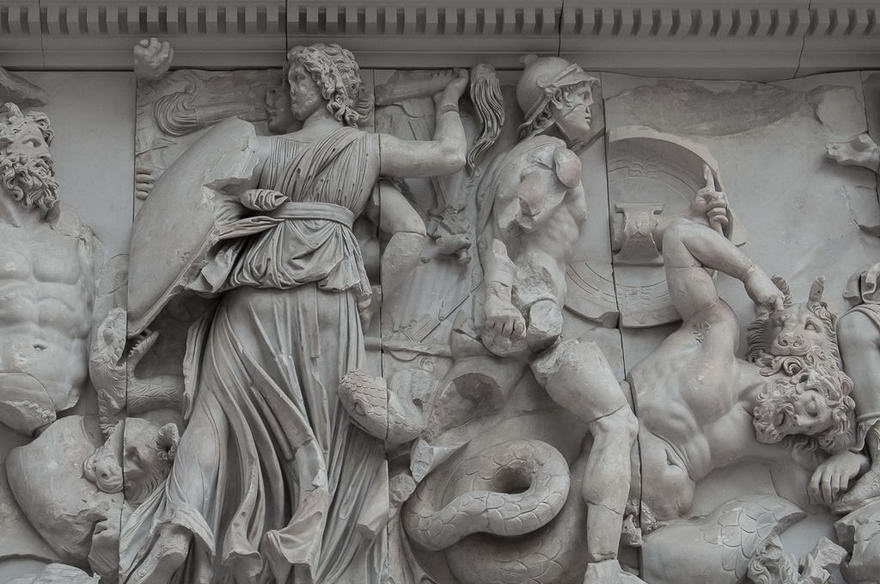Zeus Mağarası, Kuşadası
Kuşadası ilçesinde Güzelçamlı sahil kasabası yakınlarında bulunan Zeus Mağarası, Dilek Yarımadası-Büyük Menderes Deltası Milli Parkı’nın girişinin yaklaşık 200 m batısında yer almaktadır. Mağaraya güneye doğru 20 m uzunluğunda kaygan, taşlı bir patika ile ulaşılmaktadır. Mağaranın girişi zeytin ağaçları ve kır çiçekleri tarafından kapatılmış olsa da, dağ akıntıları ve deniz suyuyla beslenen soğuk havuza ulaşmak için taş bir yoldan yaklaşık 50 metre aşağı inmek gerekiyor.
Oku
